Nation this week

Photo: Collected
Bangladesh Bank once again devalued taka against US dollar - the second time in a week and 8th time this year- raising the exchange value of the dollar by 90 paisa to Tk 89.90 a dollar. Earlier on Monday, the central bank depreciated the taka against the US dollar by Tk 1.10. Bangladesh Bank spokesperson Sirajul Islam confirmed the matter of taka depreciation to the media.
The central bank has sold $135 million to four banks at Tk 89.90 per dollar in a bid to meet the government import bills. Also on Thursday, Bangladesh Bank decided not to fix the exchange rate of the US dollars and will allow the market to set the price based on demand and supply. That means, from now on remittance and the LCs dollar rate will be settled by the individual bank price or based on the market price and demand and supply of dollars. The banks were informed of this decision by the central bank on Thursday.
Inward remittances dropped by almost 16 percent, or $3.64 billion in the July-May period of the current fiscal (2021-2022) amid a widening gap in exchange rates in the formal channel and the kerb market. In the 11 months of FY22, the inflow dropped to $19.19 billion from $22.84 billion in the same period of the previous fiscal, Bangladesh Bank data released on Wednesday showed. However it must be noted that remittances in 2020-21 were at all-time record levels.
The inflow went up unusually in FY21 for a number of reasons, including return of migrants along with their savings and additional financial support by the migrants to family members due to the Covid outbreak. In FY19 and FY20, inward remittances were $16.42 billion and $18.21 billion respectively. The amount, however, rose sharply to $24.78 billion in FY21. If the exchange rate gap between the formal and kerb markets remains high, there would be a tendency for sending remittance through informal channels.
The High Court ordered the Directorate General of Drug Administration (DGDA) to provide Tk 1.5 million as compensation to each of the families of 104 children, who died in between 1982 to 2009 taking adulterated paracetamol syrup. The HC bench of justice Md Ashraful Kamal and justice Razik Al Jalil passed the order after hearing on a writ petition filed in this regard in 2010 by Human Rights and Peace for Bangladesh (HRPB).
The court directed DGDA to collect the compensation money from individuals and organisations concerned complying with the order. From 1982 to 1992, a total of 76 children died after drinking adulterated paracetamol syrup. Later lab tests and probes revealed the presence of the toxic element Diethylene Glycol in paracetamol syrup produced by Polycam Laboratories and four other companies. In 2009, 28 more died after taking paracetamol syrup produced by Rid Pharmaceuticals.
Expatriates' Welfare and Overseas Employment Minister Imran Ahmed disclosed Malaysia would begin taking workers from Bangladesh this month. He was speaking at a press briefing after a Joint Working Group meeting with Malaysian representatives at the ministry's office at Eskaton in Dhaka. Malaysian human resource minister M Saravanan and some other officials represented their country at the meeting.
Replying to a question, Imran said that Malaysia would select both the workers and the recruiting agencies according to Memorandum of Understanding signed between the two countries. Imran added that Malaysia will continue to work towards ensuring zero migration costs. There are some expenses like passport fees and medical costs that have to be borne by the workers themselves. The minister also said that earlier, the cost for a single worker for going to Malaysia used to be Tk 1,60,000. This year, the amount will be much less.






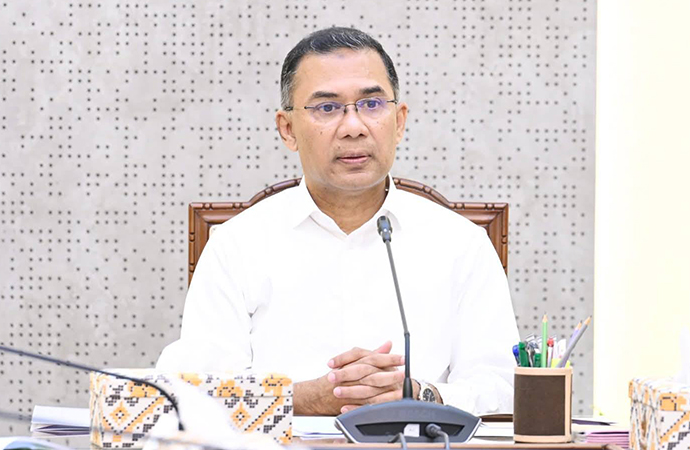
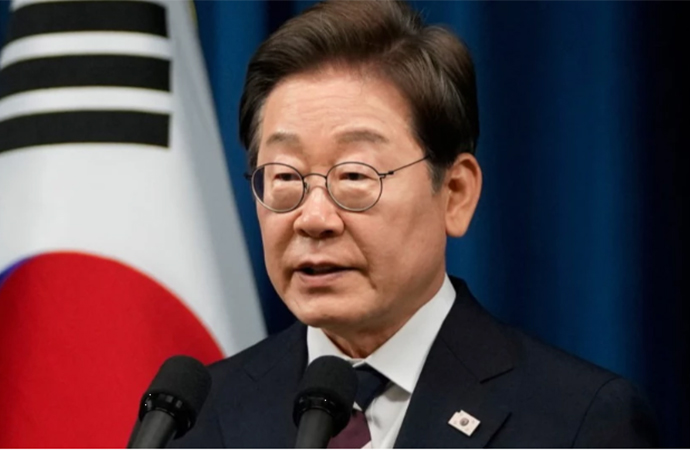
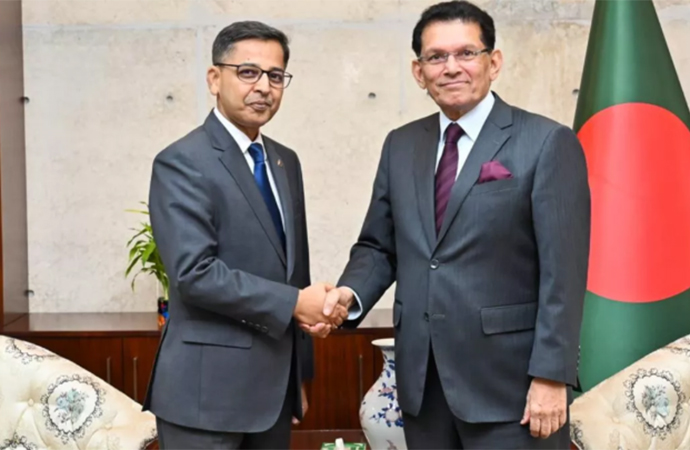
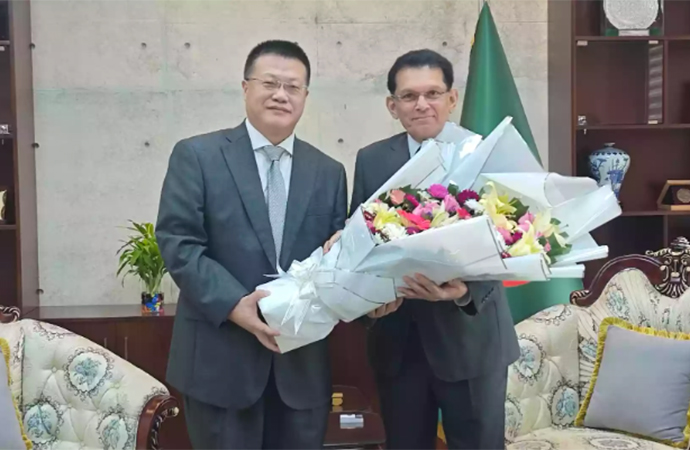
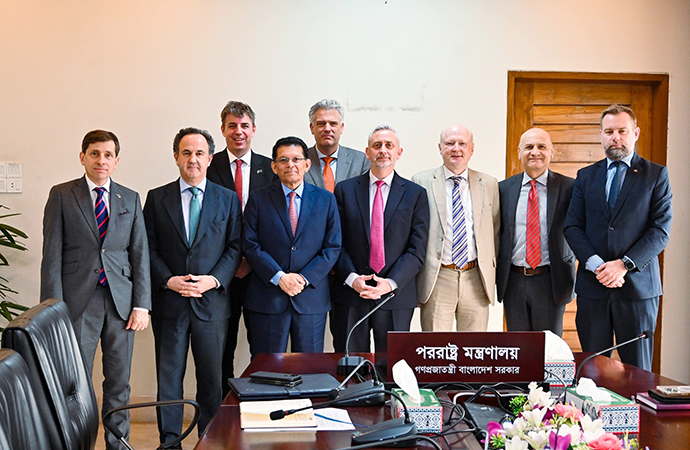
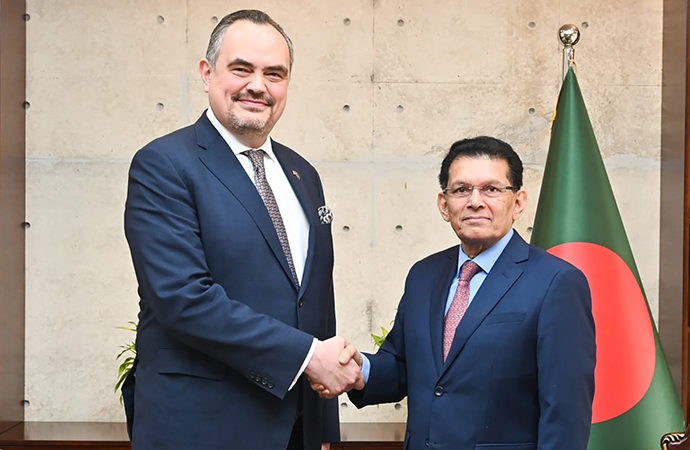







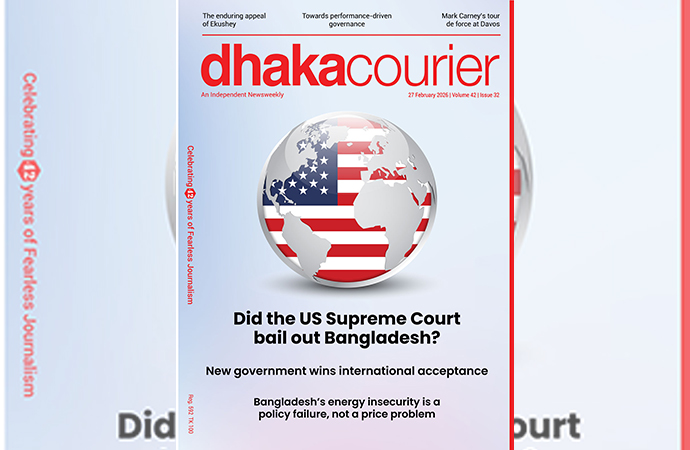





Leave a Comment
Recent Posts
Bangladesh’s first drought-res ...
In a groundbreaking development for Bangladesh’s agriculture, Ga ...
US and Iran hold another round ...
Iran and the United States were holding another round of indirect talk ...
An early hiccup for the new government?
Japan invites PM Tarique, eyes cooperation with Bang ..
Bangladesh to achieve sustained growth, prosperity u ..
Dhaka indicates ‘forward looking, balanced partnersh ..